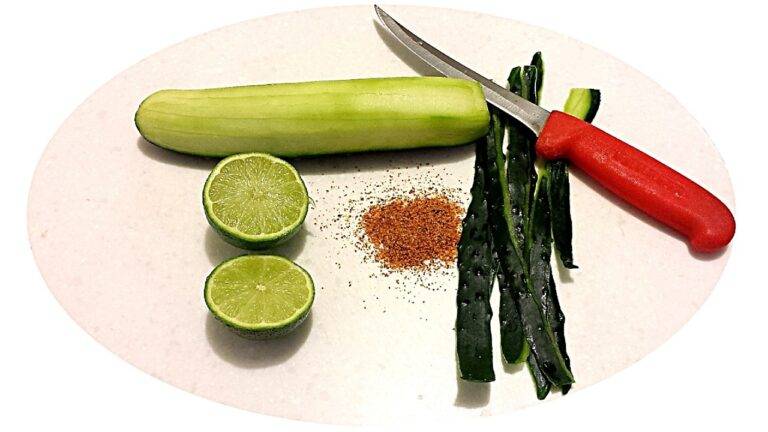The Evolution of Self-Care: Trends and Innovations
Self-care has evolved significantly over time. In ancient civilizations, self-care practices were deeply rooted in rituals and spiritual beliefs, focusing on maintaining the balance between the mind, body, and spirit. People utilized techniques like meditation, herbal remedies, and massage therapy to promote holistic well-being. These practices were regarded as essential for overall health and were passed down through generations.
As societies progressed, self-care became more diverse and personalized. The Industrial Revolution brought about changes in lifestyle and healthcare, influencing the way individuals approached self-care. People began incorporating exercise, proper nutrition, and hygiene practices into their daily routines, recognizing the importance of preventive care. With the advancement of technology and accessibility to information, self-care has continued to evolve, with individuals exploring a wide range of practices to enhance their physical, mental, and emotional well-being.
Origins of Self-Care Practices
Self-care practices have been around for centuries, with roots that can be traced back to ancient civilizations. From the concept of holistic well-being in Ayurveda to the emphasis on balance in Traditional Chinese Medicine, various cultures have valued the importance of taking care of oneself for overall health.
In ancient Greece, the philosophy of “self-care” was embedded in the teachings of philosophers like Socrates and Aristotle, who believed that self-reflection, moderation, and physical exercise were essential for a harmonious life. These early beliefs laid the foundation for the modern understanding of self-care as a multifaceted approach to maintaining one’s physical, mental, and emotional well-being.
• In Ayurveda, an ancient Indian system of medicine, self-care practices such as meditation, yoga, and herbal remedies are used to promote balance and harmony in the body.
• Traditional Chinese Medicine emphasizes the importance of maintaining a balance between yin and yang energies through practices like acupuncture, tai chi, and herbal therapy.
• The Greek philosophers Socrates and Aristotle believed that self-reflection, moderation in all things, and physical exercise were key components of leading a fulfilling life.
Traditional Self-Care Techniques
In ancient societies, traditional self-care techniques were often deeply rooted in cultural rituals and practices. These techniques encompassed a wide array of methods aimed at promoting overall physical, mental, and spiritual well-being. From herbal remedies and healing rituals to mindfulness practices and meditation, these traditions have been passed down through generations, embodying a holistic approach to self-care.
Traditional self-care techniques were intricately intertwined with one’s connection to nature and the universe. Practices such as aromatherapy, yoga, and energy healing were believed to restore balance and harmony within the body, mind, and spirit. By aligning oneself with the rhythms of nature and tapping into the energy forces around them, individuals sought to maintain optimal health and well-being through these time-honored practices.
What is self-care?
Self-care refers to the practice of taking care of oneself, both physically and mentally, in order to maintain and improve overall well-being.
How have self-care practices evolved over time?
Self-care practices have evolved over time as societies have changed and new knowledge and technologies have become available. What was once considered traditional self-care may now be seen as outdated or replaced by more modern techniques.
Where do traditional self-care techniques originate from?
Traditional self-care techniques often originate from cultural practices, ancient wisdom, and natural remedies that have been passed down through generations.
What are some examples of traditional self-care techniques?
Examples of traditional self-care techniques include meditation, herbal remedies, yoga, acupuncture, and massage therapy.
How can traditional self-care techniques benefit individuals?
Traditional self-care techniques can benefit individuals by promoting relaxation, reducing stress, improving physical health, and enhancing overall well-being. They can also help individuals connect with their cultural heritage and traditions.







